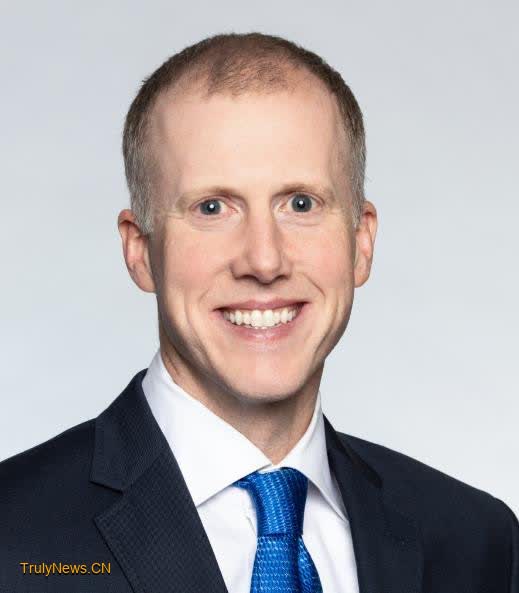
Top business executives from United States-based Becton, Dickinson and Company (BD), which has a history of more than 125 years as one of the world’s largest medical technology companies, have expressed confidence in the Chinese market — its second-largest market globally.
While promising his company’s commitment to innovation and the Chinese market, Tom Polen, chairman, CEO and president of BD, noted that BD’s training programs in China, which have trained over a million nurses over the past 30 years, are a source of pride.
In an exclusive interview with China Daily on Wednesday, he disclosed that the BD Greater China Training & Innovation Center (GCTIC), which has been operational for a year, has also provided training for physicians and nurses, enabling them to quickly adopt new procedures and save more patient lives.
The success of GCTIC has led to BD’s plans for another center in Tianjin, a northern Chinese city, he added.
BD, known as a “Big Man” in the market, has taken specific steps to solidify and enhance its image and influence among customers and patients, he said, highlighting BD’s commitment to innovation, a cornerstone of its history.
“We see it’s a very exciting time in medical technology,” he said, adding that BD is investing millions in three main areas — smart, connected care utilizing robotics, AI and informatics; technologies facilitating care in new settings such as home care; and medical technologies to improve outcomes for patients with chronic diseases like vascular and kidney diseases.
While emphasizing the importance of talent, Polen stressed BD’s global workforce of 70,000 are a key to realizing its goals, adding that BD is also focusing on ensuring the quality and cost-effectiveness of its products through a program called BD Excellence, which employs Lean principles.
James Deng, senior vice-president of BD and general manager of BD China, also expressed confidence in the Chinese market, lauding the government’s significant investment in high-quality healthcare and the theme of innovation in healthcare.
China is a focal point for BD’s innovation ecosystem efforts, including BD’s full support to the medical innovation incubation area exhibition at the China International Import Expo (CIIE) and its continuous cultivation of training and innovation centers in China, Deng said.
He reiterated BD’s significant investment in local manufacturing in China, with the recent opening of its Yixing plant, the largest investment BD has made in the country in the last 30 years — a multi-million-dollar investment that showcased BD’s commitment to local production.
While the first and second manufacturing bases primarily focused on medical delivery systems and rapid diagnostic systems, respectively, Deng said, the third base in Yixing focuses on the preview system.
BD has established Centers of Excellence in major Chinese cities like Beijing and Guangzhou for life sciences, he said.
Talking about the strategic rationale behind BD’s acquisition of Edwards Lifesciences’ critical care business — now known as the Advanced Patient Monitoring (APM) business, Polen said APM is a world leader in hemodynamic monitoring, using AI algorithms to predict patient outcomes and prevent complications.
BD plans to integrate this monitoring system with infusion technologies for future advancements, Polen said.
Deng also highlighted APM’s strong presence in China and its synergy with BD China, aiming to provide better services to Chinese patients and healthcare professionals.
The recent launch of an AI-based monitoring system at the CIIE has been well-received, with plans to train Chinese physicians on the use of this technology for patient benefits, Deng said.
Please contact the writer at hanjingyan@trulynews.cn